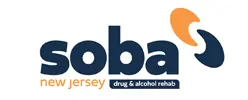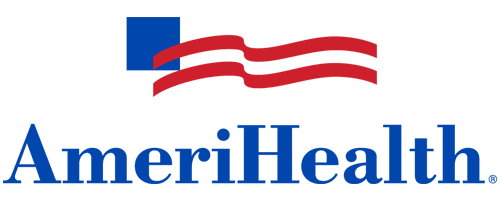Addiction is a chronic disease with relapse rates similar to other chronic health conditions, such as diabetes and heart disease. But when it comes to drugs with as powerful as heroin, relapse rates can be quite high. In fact, some studies estimate that 72% to 88% of people relapse within the first three years of quitting heroin.
While these numbers may seem intimidating, it’s important to know that addiction is treatable, and people do get better. That’s especially true when people battling heroin addictions have access to proven and customizable treatment services that help them manage some of the biggest barriers to success – withdrawal and the initial stages of recovery.
At SOBA New Jersey, we’re proud to offer medical detox as the first step in our heroin rehab program.
Some of the benefits of our heroin detox program:
Our opiate detox programs may include medication-assisted treatment (MAT), which uses prescription medications to help manage and reduce uncomfortable heroin withdrawal symptoms. Common medications used to treat heroin addiction and withdrawal include Methadone, Suboxone, and Vivitrol.
Research has shown that medication-assisted treatment, when used in combination with counseling and behavioral therapies, can provide a whole-person approach to treating substance use disorders, help people safely withdrawal from opiates like heroin, prevent and reduce risks of overdose, and promote sustained recovery.




















